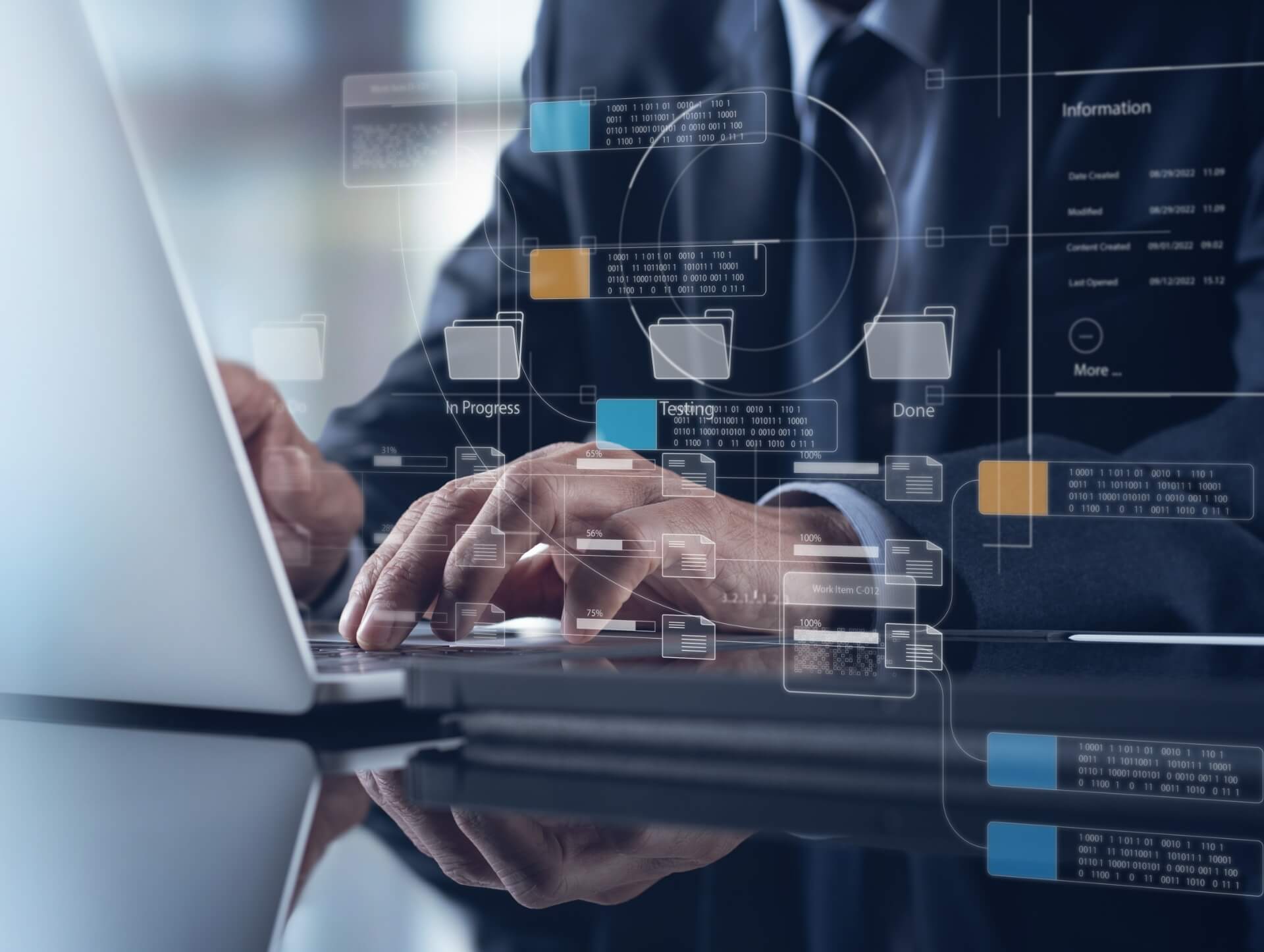The importance of security in Umbraco website development.

06/09/2023
Umbraco is a popular content management system (CMS) used by many businesses and organizations to build and manage their websites. With its flexibility and scalability, Umbraco has become a go-to choice for web developers. However, when developing websites using Umbraco, it is crucial to prioritize security to protect sensitive data and prevent unauthorized access.
Why is Security Important in Umbraco Website Development?
1. Protecting Sensitive Data: Websites often contain sensitive information such as customer data, financial records, and personal details. A security breach can lead to serious consequences, including financial loss, damage to reputation, and legal issues. By prioritizing security in Umbraco website development, developers can ensure that sensitive data is protected from unauthorized access.
2. Preventing Hacking Attempts: Hackers are constantly looking for vulnerabilities in websites to exploit. By implementing robust security measures, developers can significantly reduce the risk of hacking attempts. This includes implementing secure authentication mechanisms, regularly updating software and plugins, and conducting security audits to identify and fix any vulnerabilities.
3. Maintaining User Trust: Users expect their personal information to be handled securely when interacting with a website. By prioritizing security, developers can build trust with users and enhance the overall user experience. This can result in increased user engagement, higher conversion rates, and improved brand reputation.
4. Compliance with Regulations: Depending on the industry and geographical location, websites may be subject to various data protection and privacy regulations. By ensuring security in Umbraco website development, developers can ensure compliance with these regulations, avoiding penalties and legal consequences.
Best Practices for Ensuring Security in Umbraco Website Development
1. Strong Password Policies: Implement a strong password policy for user accounts, including requirements for minimum password length, complexity, and regular password changes. This can prevent unauthorized access to user accounts and reduce the risk of brute-force attacks.
2. Two-Factor Authentication: Implement two-factor authentication for user logins to add an extra layer of security. This involves requiring users to provide a second form of verification, such as a unique code sent to their mobile device, in addition to their password.
3. Regular Updates and Patching: Keep the Umbraco CMS and all installed plugins and extensions up to date with the latest security patches. Developers should regularly check for updates and apply them as soon as they become available to protect against known vulnerabilities.
4. Secure Hosting Environment: Choose a secure hosting environment that provides robust infrastructure, regular backups, and strong security measures. This can help protect against common security threats such as DDoS attacks and server vulnerabilities.
5. Secure Coding Practices: Follow secure coding practices when developing the Umbraco website. This includes validating user input, escaping output, and using parameterized queries to prevent SQL injection attacks. Developers should also avoid storing sensitive information in plain text and use encryption when necessary.
6. Regular Security Audits: Conduct regular security audits to identify and address any vulnerabilities or weaknesses in the website's security. This can involve using security tools and scanners to check for common security issues and performing penetration testing to simulate real-world hacking attempts.
7. Access Control and Permissions: Implement proper access control and permissions management to ensure that only authorized users have access to sensitive areas of the website. This can include assigning different user roles with appropriate permissions and regularly reviewing and revoking access for inactive or former employees.
8. Data Encryption: Implement data encryption to protect sensitive data during storage and transmission. This can include encrypting databases, using secure protocols such as HTTPS, and encrypting sensitive user information such as passwords.
9. Regular Backups: Regularly backup the Umbraco website and its data to ensure that it can be restored in the event of a security breach or data loss. Backups should be stored securely offsite and tested periodically to ensure their integrity.
Hiring a Professional Umbraco Developer
Developing a secure Umbraco website requires expertise and knowledge of security best practices. Hiring a professional Umbraco developer can ensure that your website is built and maintained with the highest level of security. When hiring a Umbraco developer, consider the following:
1. Experience: Look for a developer with a proven track record in Umbraco website development and security. They should have experience in implementing security features and handling potential vulnerabilities.
2. Knowledge of Security Best Practices: Ensure that the developer has a strong understanding of security best practices and can provide recommendations specific to your website's needs.
3. Portfolio and References: Review the developer's portfolio and ask for references from previous clients. This will give you an idea of their past work and the satisfaction of their clients.
4. Communication and Collaboration: Effective communication and collaboration are essential for successful website development. Choose a developer who is responsive and understands your requirements.
5. Ongoing Support and Maintenance: Building a secure website is an ongoing process. Ensure that the developer offers ongoing support and maintenance services to keep your website secure and up to date.
Conclusion
Security is paramount in Umbraco website development to protect sensitive data, prevent hacking attempts, maintain user trust, and comply with regulations. By following security best practices, such as implementing strong password policies, regular updates and patching, and conducting security audits, developers can ensure a secure Umbraco website. Hiring a professional Umbraco developer can further enhance the security of your website and provide ongoing support and maintenance. Prioritizing security from the initial stages of development will help create a secure and reliable website for your business or organization.
Contact us

Spanning 8 cities worldwide and with partners in 100 more, we’re your local yet global agency.
Fancy a coffee, virtual or physical? It’s on us – let’s connect!

